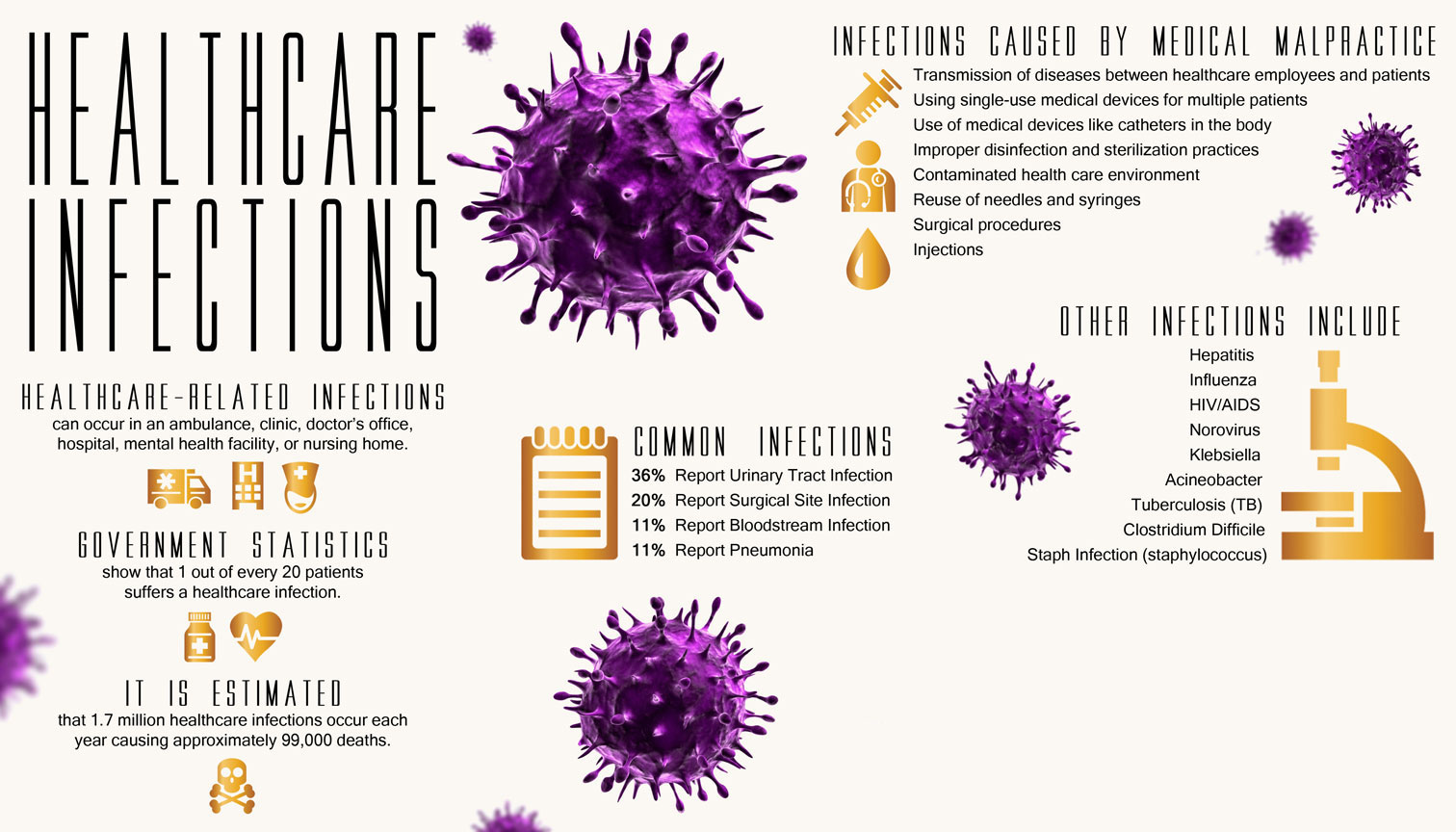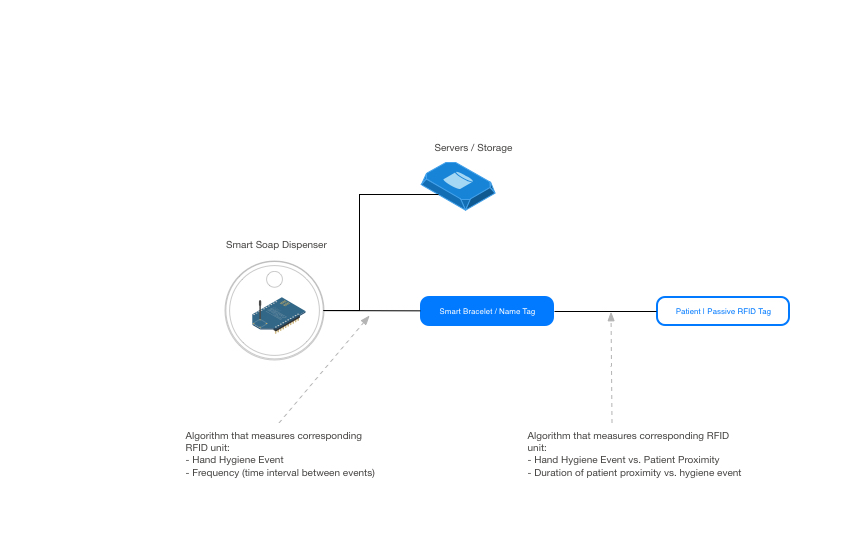About This Project
Annually, nearly 2 million patients in the United States are exposed to Hospital Acquired Infections (HAI), such as MRSA, VRE, etc. and 80,000 to 100,000 of those will be fatal. Similar statistics exist in the European Union countries, Canada, Australia, Japan, South Korea, Singapore, Taiwan, the Gulf States, etc.
I have designed an experiment where I can collect data in the field - without human error and bias - so that hopefully a technology can be applied to reduce HAI to a minimum state.
Ask the Scientists
Join The DiscussionWhat is the context of this research?
Research studies from the Center for Disease Control and Prevention (CDC) and the World Health Organization (WHO) state that frequent hand washing thoroughly and cleaning with rinse-free disinfectant is critical in the reduction and prevention of HAI. However, the only compliance monitoring system used in the hospital has been a team of nurses with clipboards and stop watches to record which healthcare workers have washed their hands - This method only allows for sample sizes - not entire datasets.
A study by Medmined (a Cardinal Health company) reported that 1 in 10 patients in the U.S. will acquire HAI - 2 million cases per year - ~100K fatal. I believe technology needs to be put in place prior to transmission - not recording data after the fact.
What is the significance of this project?
Between 80,000 and 100,000 deaths annually from HAI - in the U.S. alone. This can be drastically reduced with the proper technology and processes in place. I believe that this test environment will lead to a market-facing service that can be implemented in any hospital in the world - designed to prevent the spread of HAI from healthcare workers to patients.
Although there are some hand washing systems and simple hand sterilization products on the market, there are very few, if any, hand hygiene monitoring systems, which monitor both the hand washing and the use of rinse-free disinfectant to cleanse hands 24 hours a day/365 days a year.
What are the goals of the project?
The data collected will allow me to create a comprehensive analysis of hand-hygiene among healthcare workers - as well as comprehensive analysis for interactions with patients (both in and out of compliance) - By understanding the nature of these interactions I believe a system can be designed to effectively combat HAI related fatalities.
If this experiment is successful in instituting better processes and visibility into HAI transmission points - I intend to develop a market-facing end-to-end service that hospitals can subscribe to and lower their HAI cases.
Budget
The budget items outlined are critical to the test environment. The concept is to install "smart" soap dispensers in a hospital ER and have the healthcare workers at the beginning of each shift put on their "smart" bracelet/name-tag. The singe-use RFID stickers will be placed on the chart/bed/patient-ID for the duration of that patients stay. The smart dispensers will read and log the frequency and duration of hand-washing events. The smart bracelet/name-tags will monitor the hand hygiene of healthcare staff throughout the entire work shift as well as prompt an individual when hand hygiene is due. The prompt is known only to the healthcare worker and does not interrupt work flow (vibrating bracelet/name-tag). Daily reports will show hand hygiene compliance (more importantly non-compliance) by person, department and shift. The daily report can also link the record of patients with HAI to his/her care workers’ hand hygiene compliance - shedding more light on HAI and prevention.
Meet the Team
Affiliates
Team Bio
I will be interfacing with healthcare professionals and executives from Kaiser Permanente and (potentially) Molina Healthcare to realize this research initiative. If we can apply data science to this experiment - we believe that we can save lives.
Francis Hwang
Tinkerer - Thinker - Explorer of things greater than profit - for a better planet - for a better human experience.
Ph.D in Physics from Massachusetts Institute of Technology
Previously held positions of:
Chief Scientist Enterprise IT - Cloud Technologies
Managing Director Closed Loop Urban Farming Initiative
Principal Analyst Think Tank for Agricultural Policy
Principal Inventor Product Design Firm in Energy
David Maracine
Smart Technology Fellow: seeking to solve real-world problems by leveraging open innovation, lean business models which maximize benefits for people/profit/planet.
Previously Held Positions:
VP Finance: Enterprise IT-Cloud Technology
Additional Information


Project Backers
- 0Backers
- 0%Funded
- $0Total Donations
- $0Average Donation

